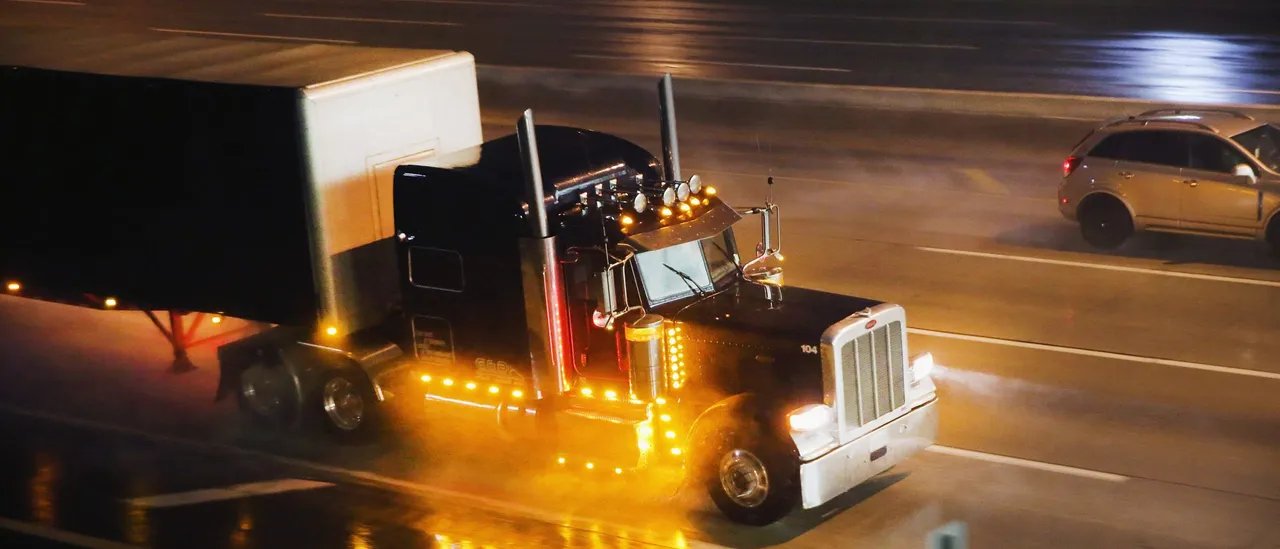Dragon Bravo Fire Devastates Grand Canyon Area
The Dragon Bravo Fire has scorched over 140,000 acres near the northern edge of the Grand Canyon, taking with it a historic lodge and numerous guest cabins. Even if I wasn’t there recently, it feels like a profound loss. I remember sitting there almost 55 years back, mesmerized by the stormy view that lit up the canyon, like lightning brightening the night sky. That guest cabin, which we could spontaneously rent on a Friday evening, was as cheerful and inviting as my childhood bedroom. Now? It’s a charred remnant of what once was.
This intense fire is just one of many that are currently consuming North America. In Canada, 800 fires rage across the dry, wooded areas, leaving some of the worst air pollution in the country. Meanwhile, Alaska is battling over 450 wildfires today alone. Just take a moment to think about the scale of it all—around 1,250 wildfires are tearing through carbon-absorbing trees, transforming thriving forests into sources of carbon emissions. These blazes are deadly; they threaten both people and wildlife, destroy homes, and compromise the air we breathe. While it wasn’t always like this, these devastating fire seasons have become a grim hallmark of summer, exacerbated by drought and rising temperatures from climate change.
On the drier parts of the continent, things are ablaze, while the wetter areas are grappling with relentless rain and floods. Even climate skeptics are hard-pressed to deny this reality. Regardless, the toll keeps piling up. The World Economic Forum estimates global climate-related losses could reach $16 million per hour. In the U.S., the National Oceanic and Atmospheric Association calculated a staggering $183 billion in climate-related losses last year alone, marking it as the fourth-costliest year attributed to climate disasters, with all four of those years occurring since 2005. Munich Re, a global leader in reinsurance, states that losses in the U.S. have already hit $100 billion, a situation that leads to higher premiums for all of us as we collectively face these calamities, as evidenced by recent disasters, like those in Milwaukee.
As the world shifts towards renewable energy, the perceptions surrounding climate change are undeniably becoming clearer. Yet, America continues to cling to fossil fuel habits despite the evidence. There’s a notable figure in the presidency, exclaiming, “Drill Baby Drill!” It’s as though the obvious turmoil surrounding climate hasn’t registered in full.
When it comes to insurance companies, the narrative diverges sharply. Maybe our home insurance remains relatively affordable, despite an increase in climate-related disasters. But I think it’s time we seriously consider alternatives like solar and wind energy, electric vehicles, heat pumps, and the like. The silver lining here is that we can utilize clean energy. We can heat or cool our homes without relying on polluting fuels.
Without inspirational and forward-thinking leadership from the White House, all I can share is my own experience. For the past eight years, my wife and I have been driving electric vehicles powered entirely by solar energy from our rooftop panels. We refer to it as “driving in the sun,” and honestly, we don’t miss those pricey, fume-laden stops at gas stations. We love it enough to commit to never going back to gas. It’s not merely a protest against oil companies or political figures; it’s about doing what feels right and smart. We want a clean planet for our grandchildren and yours. It’s about the future.
If this resonates with you, there’s still a window to take advantage of financial support from the Biden administration’s Inflation Reduction Act, but act now—thanks to Republican opposition, time is short. The tax credit for solar panels ends on December 31st this year, and the $7,500 rebate for new EVs will be gone after September 30th. There’s also a $4,000 rebate for used EVs that will be concluding soon.
Dan Birth of Wausau







